The US Embassy in Tokyo is considering working with the Japanese government to support scallop businesses affected by China's seafood import ban.
Immediately after Japan decided to release treated radioactive water from the Fukushima nuclear power plant into the Pacific Ocean on August 24, China issued a comprehensive ban on all seafood products from Japan.
The ban is aimed at preventing “radioactive contamination of food affected by the discharge of water from the Fukushima nuclear power plant” and to protect the health of Chinese consumers, China's customs authority said in a statement.
A significant portion of Japan's high-value scallop exports are processed in China before being re-exported to the United States, so the US plays a significant role as Japan seeks new markets.
The US Embassy is contacting Japanese seafood industry officials to direct them to FDA-registered processing facilities in places like Taiwan, Thailand, and Vietnam to continue processing Japanese seafood, especially scallops, for the US market. The initiative aims to establish a new pathway for re-exporting seafood from Japan to the US.
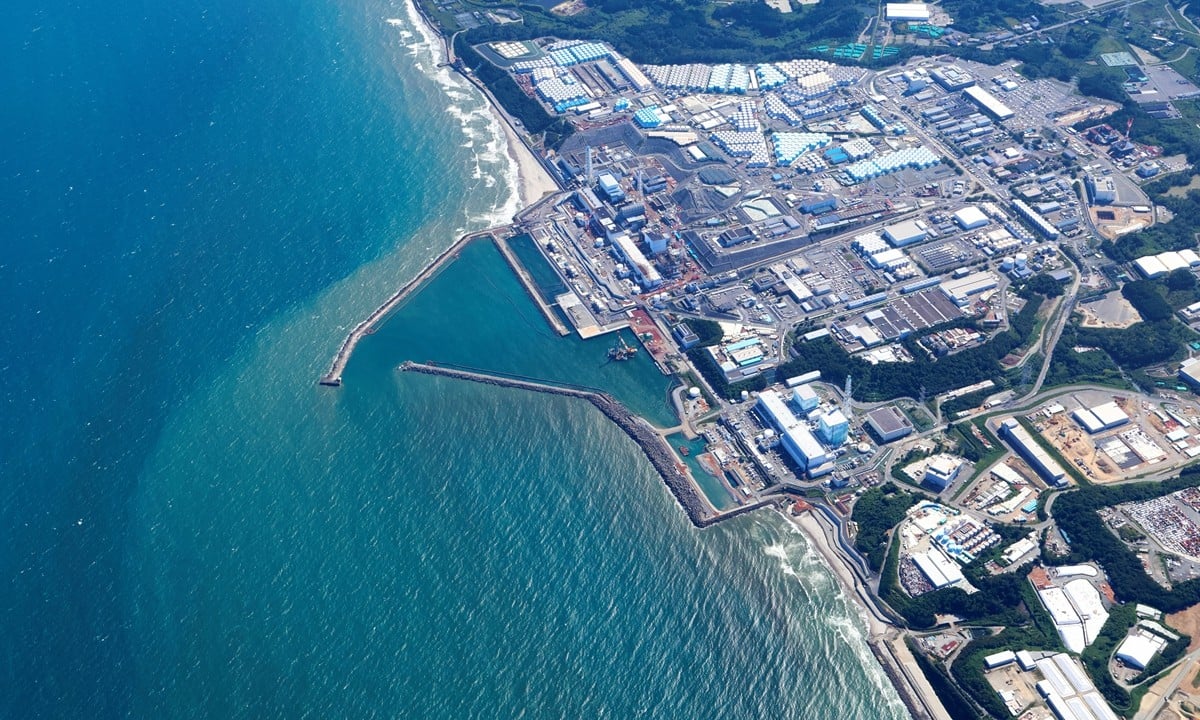
Image of wastewater discharged from the Fukushima nuclear power plant into the ocean on August 24 in Okuma, Fukushima, Japan. Photo: Global Times
Previously, Japanese scallops were typically shucked and processed in Chinese facilities and then re-exported to the US. In 2022-2023 alone, the US imported more than $100 million worth of Japanese scallops via China.
However, due to China's recent import ban, this route is no longer available, raising concerns about the loss of income for Japanese fishermen. According to Tokyo-based market research firm Teikoku Databank, more than 700 Japanese companies exporting food to China will be affected by the ban.
The facilities that the US is setting up are similar to those in China and are well equipped to process scallops. Moreover, they are FDA registered, a prerequisite for processing food for export to the US market, ensuring a smooth export process.
The United States, a close ally of Japan, supported the release of treated water into the Pacific Ocean in late August, saying the release was being carried out safely and “in accordance with international standards.”
US Embassy officials also traveled to Hokkaido, northern Japan, to meet with local scallop producers, helping them figure out how to keep seafood products flowing between the two countries, despite China's ban .
Nguyen Tuyet (According to Japan Today, Japan Forward)
Source



![[Photo] Highways passing through Dong Nai](https://vphoto.vietnam.vn/thumb/1200x675/vietnam/resource/IMAGE/2025/11/12/1762940149627_ndo_br_1-resize-5756-jpg.webp)






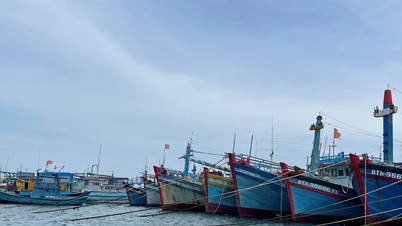



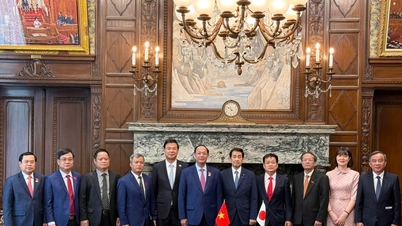

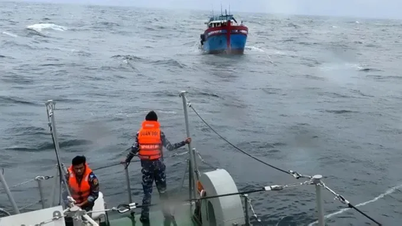





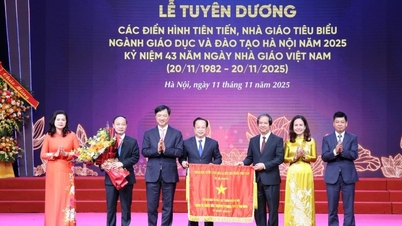

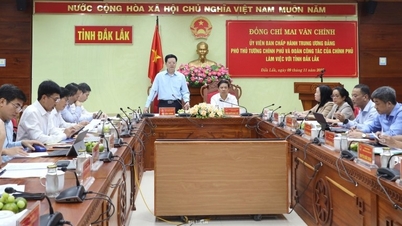
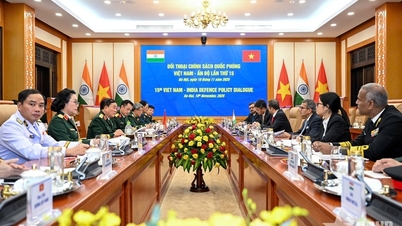









































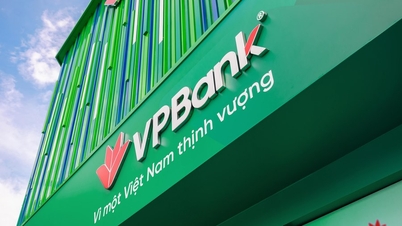








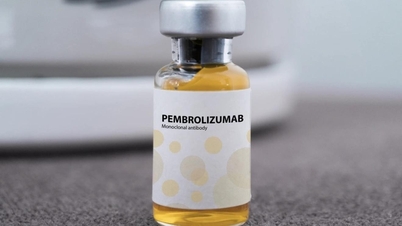
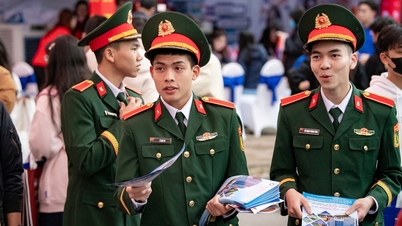

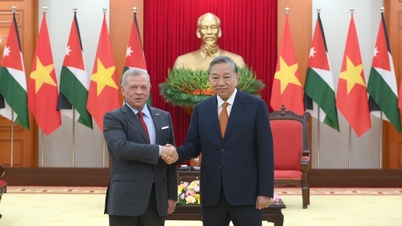
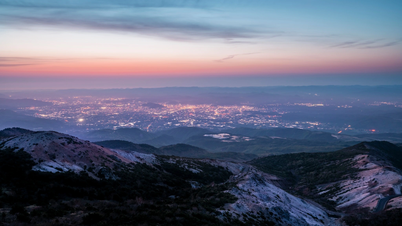




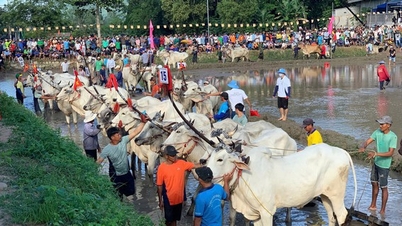

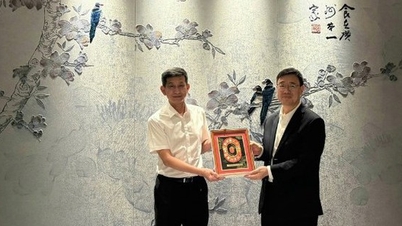


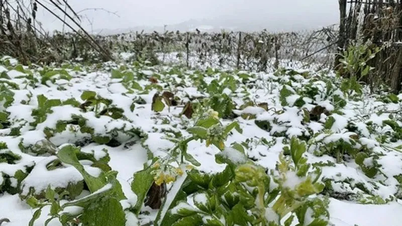




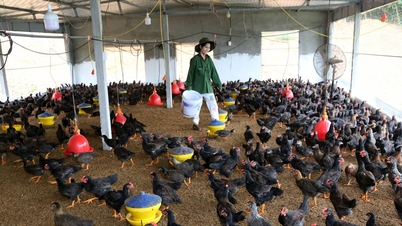








![Dong Nai OCOP transition: [Article 3] Linking tourism with OCOP product consumption](https://vphoto.vietnam.vn/thumb/402x226/vietnam/resource/IMAGE/2025/11/10/1762739199309_1324-2740-7_n-162543_981.jpeg)




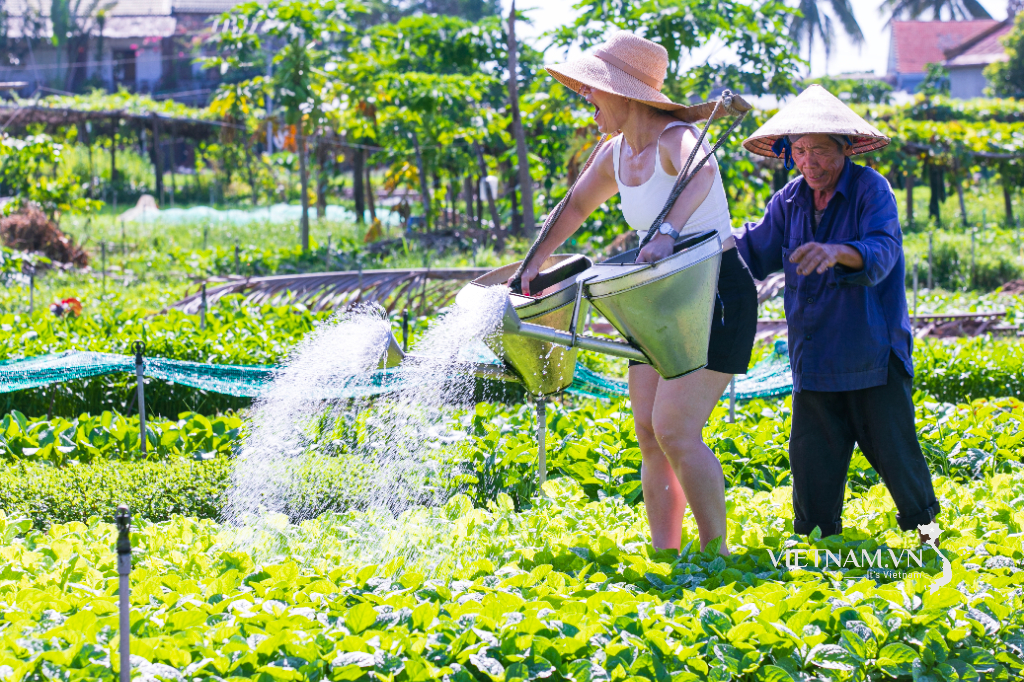


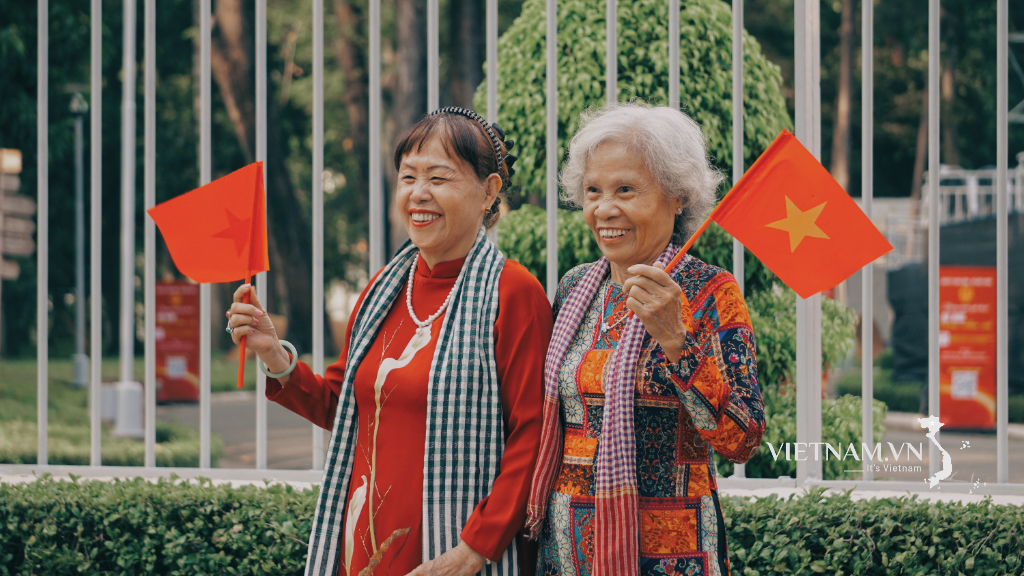
Comment (0)